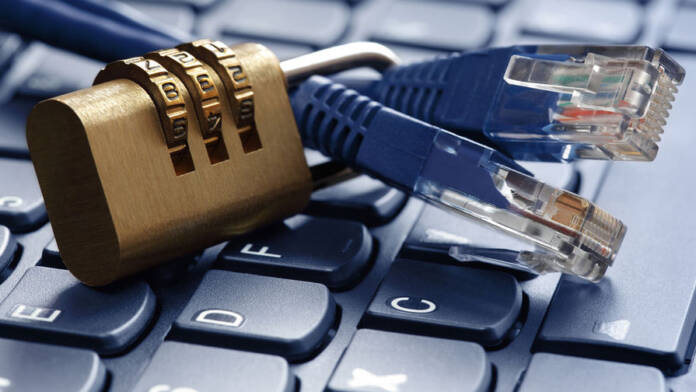By opening an unverified link or leaving our personal data on a new site, we risk ending up in the hands of criminals. Hundreds of fraudulent schemes have already been invented and dozens of malicious applications have been developed. It is impossible to track all hacker tricks, but it is quite possible to protect yourself from dangers.
First of all, set different passwords in all accounts. It is better to choose complex combinations of letters and numbers that are difficult to crack. The same goes for security questions, make sure the answer is unpredictable. Don’t forget about two-factor authentication on social networks and be sure to log out of your account after completing a session, especially if you logged in through someone else’s device. Remember that you cannot store passwords on your phone or send them to social media. Have several email addresses: personal, work and entertainment.
I know the password – I see a landmark
First of all, set different passwords in all accounts. It is better to choose complex combinations of letters and numbers that are difficult to crack. The same goes for security questions, make sure the answer is unpredictable. Don’t forget about two-factor authentication on social networks and be sure to log out of your account after completing a session, especially if you logged in through someone else’s device. Remember that you cannot store passwords on your phone or send them to social media. Have several email addresses: personal, work and entertainment.
Beware of phishing!
Do not open dubious links in emails and instant messengers. They may contain dangerous code; be especially careful when working with files with the .exe extension. The same rules apply to unknown applications; they should not be installed. Use only the official App Store, Google Play and Windows Market. Don’t forget that your friends on social networks could have been hacked and requests to transfer money to them could also be the machinations of scammers. Make sure that the person in trouble is really someone you know.
Wi-Fi matters
Do not trust unverified Wi-Fi connections that do not ask for a password, most often these happen in public places. Attackers can use them to steal personal data. Turn off Wi-Fi when not in use. This way you can protect yourself and save battery power. Advice for Google Chrome, Firefox and Opera users: if you often travel and access the Internet from a laptop in public places, install a special browser extension to access the Internet safely.
VPN problem
The surge in popularity of VPNs has already led to massive data leaks. When trying to get to a blocked site, many people forget about this. However, there are always risks. The operating principle of free services is not entirely transparent. The owners may transfer your data and traffic to third parties. When installing such applications, carefully read the user agreement. Choose paid versions, or better yet, avoid them altogether.
Magic programs
Install and update antivirus software. Outdated versions may not guarantee protection against malware. Several new viruses appear in the world every day, so software needs to receive information about methods to combat them as often as possible. You, too, can study this issue in more detail, for example, by reading informative articles on the Kaspersky Lab website .
It’s time to upgrade
Update the operating system on your device regularly. Back up your data. Follow the 3-2-1 rule: create one primary copy and two backup copies. Save two copies on different physical media, and one in cloud storage (Google Drive, Yandex.Disk, special solutions from Acronis). Don’t forget to back up all devices: smartphones, tablets, computers/laptops and periodically clear your search history and cache in your browsers.
Personal, not public
Do not send confidential information (bank card number, PIN code, passport data) via instant messengers. It is better to delete letters with scanned documents immediately after sending or receiving them; there is no need to store them in the mail. Don’t share your every move on social media. You may be watched by ill-wishers who will later take advantage of this.
Taking care of children
Set a safe routine for your child. To do this, create a separate account on the search engine website or use children’s search engines: Gogul or Sputnik.kids. The same can be done with the device; you can track the number of hours spent on the Internet, visit history, and block some resources yourself.
Money is not a question
Get a separate card for online payments. Connect your bank to SMS notifications about all transactions. This way you can quickly notice if your card is compromised and block it. Try not to buy anything on social networks, especially with prepayment. Study the history of the store online, check for contacts, find out if you can come there and meet in person. According to acquiring rules, the seller’s website must contain information about who accepts the payment. When reading reviews, pay attention that they are different.
Away from the destructive
To minimize risks and protect not only your resources, but also your psyche, it is better to switch to domestic platforms. Western IT giants often promote destructive content that has a negative impact on the psyche. Moreover, administrators do not always respond to complaints and in the event of an unforeseen situation, they may even ignore your problem.












